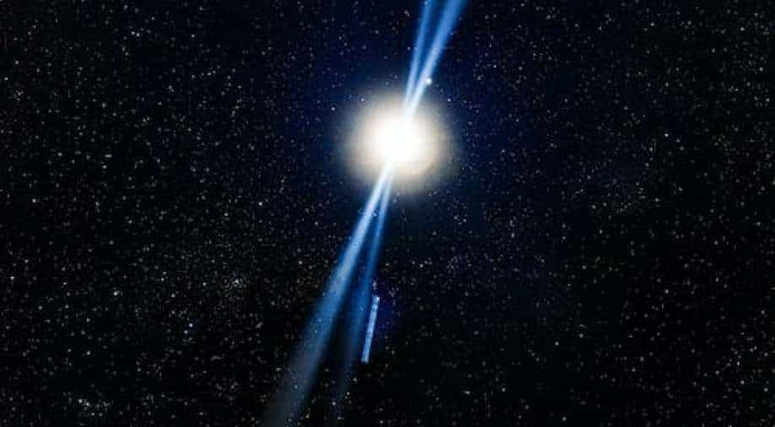There may have been a second Big Bang, new study claims

There may have been not one, but two Big Bangs that brought the universe into existence billions of years ago, a new research study has claimed.
A team of scientists argue that after the first Big Bang, another transformative event occurred that flooded the cosmos with mysterious dark matter. The astronomers are dubbing it the "Dark Big Bang”.

Dark matter is the hypothetical component of the universe whose presence is discerned from its gravitational attraction rather than its luminosity.
It doesn't interact with light or electromagnetic fields in any way and toughly makes up 30.1 per cent of the known universe. The reset is dark energy (69.4 per cent) and “ordinary” visible matter (0.5 per cent).
Ever since the theory was first postulated in 1933 by Swiss-American astronomer Fritz Zwicky, astronomers have been unable to explain why clusters of galaxies move in ways that our existing standard model of physics can't account for.
Dark Big Bang

In a yet-to-be-peer-reviewed paper on the preprint database arXiv, the scientists have suggested that a "Dark Big Bang" may have "occurred when the universe was less than one month old."
"People always assume everything is created at the same time in a single big bang, but who really knows?" Katherine Freese, physics professor at the University of Texas at Austin, who co-authored the paper told New Scientist.
The team argues that the event could've triggered several different kinds of dark matter, including "darkzillas" —a reference "Godzilla"— which are monstrously sized particles 10 trillion times the mass of a single proton.
The scientists say that the current gravitational wave experiments do not have the capacity to find signatures of the Dark Big Bang, expressing hope that another probe of gravitational waves using distances to far-flung pulsars, known as Pulsar Timing Arrays like the NANOGrav experiment, might just be able to do the trick.
Source : websites

